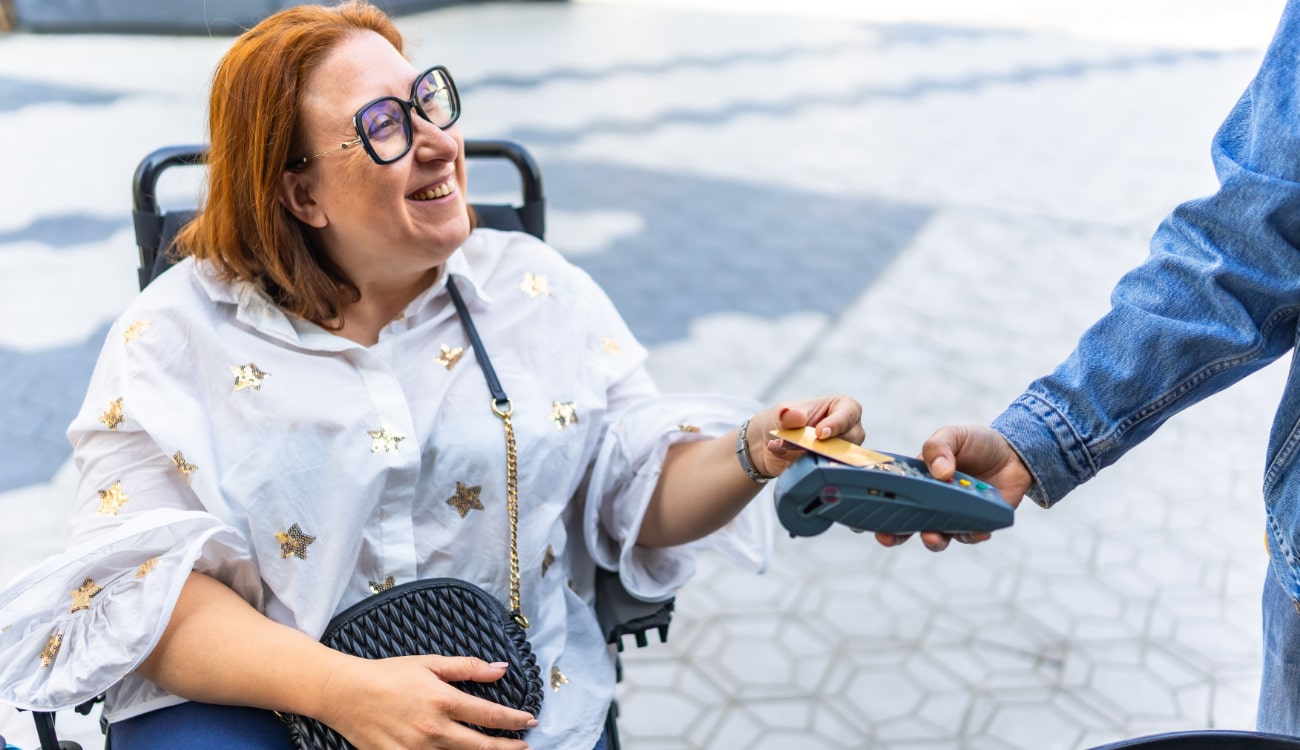For many families raising children with special educational needs (SEN), Disability Living Allowance (DLA) or the mobility component can be a financial lifeline. It helps cover the extra costs that come with a child’s additional needs, whether that’s transport to therapies, specialist equipment, or simply the daily challenges that can make life more expensive. But what happens when a claim is refused? How do I get Tribunal Support?
It’s more common than many realise. Families pour hours into forms, collecting reports and supporting letters, only to receive a letter saying their child “doesn’t meet the criteria”. It can feel like a slap in the face, especially when you know the challenges your child faces every single day.
First Things First: Don’t Panic
If your claim for DLA or the mobility component has been turned down, you’re not alone. And importantly, it’s not the end of the road.
You have the right to challenge the decision. The process starts with something called a mandatory reconsideration. If that still doesn’t result in the outcome you believe is fair, the next step is to appeal to a tribunal.
What’s a Tribunal, and Should I Be Worried?
The word “tribunal” can sound daunting, but it’s not like a courtroom drama. It’s a more informal process where an independent panel looks again at the facts of your case. They don’t work for the DWP (Department for Work and Pensions), and they have the power to overturn the decision if they think it’s wrong.
The panel usually includes a judge, a doctor, and a disability expert. Their job is to understand how your child’s condition affects their day-to-day life, and to make a fair judgment based on that.
How Can Tribunal Support Help Me?
Navigating the appeals process can feel overwhelming, especially when you’re already managing the demands of parenting a child with SEN. That’s where tribunal support services come in.
Many local charities, SEND advocacy services, and even some law centres offer free or low-cost help with:
- Understanding the appeal process
- Preparing your case and gathering evidence
- Writing your submission
- Attending the tribunal hearing with you (or helping you prepare if you go alone)
Support like this can be a game-changer. Having someone in your corner who knows the system and how to frame your child’s needs in a way that meets the criteria can make a huge difference.
What You Can Do Now
If you’ve had a refusal letter and you’re not sure what to do next, here’s a quick plan:
- Request a mandatory reconsideration: You usually have one month from the date on your decision letter.
- Gather evidence: School reports, medical letters, therapy notes, and even your own diary of daily care tasks can all help.
- Contact a support service: Look for SENDIASS in your area, or national charities like Contact or Cerebra. They often have helplines and guides.
- Don’t give up: Many families win their appeals. In fact, statistics show that more than half of DLA appeals succeed, and in some years, it’s even higher.
Getting The Right Tribunal Support
Getting the right tribunal support for your child shouldn’t feel like a battle, but for many families, it is. If your DLA or mobility allowance claim has been turned down, know that you can challenge it, and that there’s help out there to guide you through the process. You’re not asking for a handout, you’re asking for recognition of the real, daily needs your child lives with. And that’s more than fair.





0 Comments